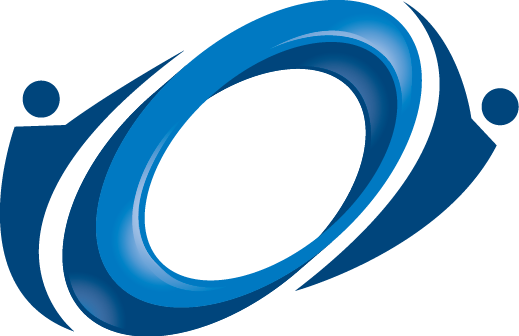Change - Beyond Frameworks
/Or, the Adaptive Organisational Culture
For years I have been utilising various change frameworks inspired by Kotter; ADKAR; Tadeo, Beake and Fink; Argyris, etc. I have found them extremely valuable and various projects and initiatives have benefited from their utilisation.
While Change Management, almost by definition is complex, some cultures make the application of change management relatively easy while others, relatively more challenging.
It got me thinking to what it is that makes the application of Change management relatively easy. Building on my own work in Change, I have developed six principles for being an Adaptive Organisation. While you may be able to think of other principles, if these principles exist, the organisation will adapt more readily when sound change frameworks are then applied.
If you have responsibility for the capability of your organisation to adapt to ongoing changes, and what Executive doesn't, developing these six principles into the culture of your organisation will support the delivery of that capability. I welcome your comments from your experience.
- There is a clear vision for the organisation that:
•Describes the future state of the organisation
•Resonates with the values of the desired stakeholders
•Connects at an emotional level
•Ideally – articulates a higher social purpose.
•All employees know the vision and can describe how their role supports the vision. - There is a strategy to deliver the vision that:
•Is understood by all in the context of their role.
•Is holistic in its development/content
•Includes all aspects of the business (no ‘sacred cows’)
•Provides basis for outcome focus
•Is regularly (annually) reviewed
•Involves an expanded leadership group in the strategy finalisation and deployment.
•Provides processes for people to have input into the strategy development (E.g. open space) and deployment (working groups) - There is an outcome focus at all levels 'why we do what we do'
•Outcomes are more constant than roles
•People usually engage in outcomes more than outputs
• Roles are the enabler of outcomes
•Utilise job descriptions, performance management and remuneration systems to reinforce an ‘outcomes’ focus
•Create measures/indictors of outcomes.
•Use outputs as indicators only, of progress towards outcomes - There is authentic leadership throughout
•Recruit for, develop and performance manage, authentic leadership capability
•Leadership capability development is a business as usual requirement, not a discretionary expenditure
•Leadership capability is embedded in job descriptions, recruitment, performance management and remuneration processes
•Change leadership is fundamental to all Leaders’ role
•Leaders develop and encourage resilience
•Leaders build meaning into people’s work - Resilience is recruited for and developed.
•Resilience acknowledges and deals with emotions, it doesn’t suppress them
•Recruit for and develop resilience
•Resilience development is a business as usual requirement
•Reward resilience
•Encourage people to ‘look out for’ each other. Programs/Projects/Initiatives are finished when they are proven AND embedded.
•Requires evidence of outcome delivery
•Requires clear and appropriate preparation of line to assume responsibility
•Probably require strong involvement of the line in the development/implementation

